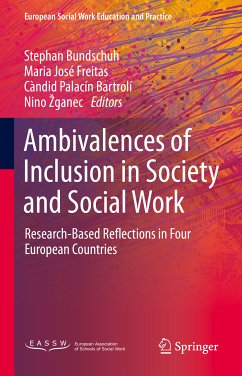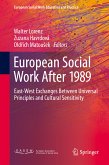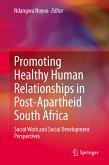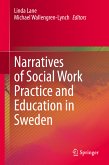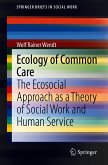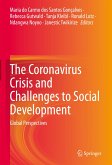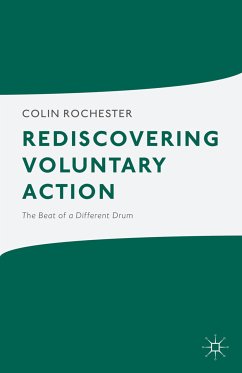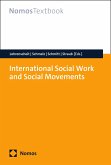This book represents the work of the European Research Network: Inclusive Society and the Role of Social Work, which comprises researchers from Barcelona, Spain; Koblenz, Germany; Maastricht, The Netherlands; and Zagreb, Croatia. The authors present research results and reflections from these four different European countries to provide a comprehensive introduction and discussion of the ambivalences of inclusive processes in society and social work.
The development towards an inclusive society is a subject of ongoing discussion in Europe. How the subject is addressed, through an examination of political and social characteristics, differs significantly by country. Each country-specific chapter includes evidence-based reflections on inclusive society and the role of social work:
Ambivalences of Inclusion in Society and Social Work: Research-Based Reflections in Four European Countries is a useful resource for learners, teachers, practitioners, and researchers in social work, as well as those who have an interest in social policy, social welfare, and sociology.
The development towards an inclusive society is a subject of ongoing discussion in Europe. How the subject is addressed, through an examination of political and social characteristics, differs significantly by country. Each country-specific chapter includes evidence-based reflections on inclusive society and the role of social work:
- In The Netherlands, there is evidence of a top-down process implementing inclusive social policy and social work principles through the self-proclaimed 'participationsociety'.
- In Spain, the process to inclusion is accompanied by the third sector often replacing governmental responsibilities, namely through the bottom-up activities of non-governmental organizations in social work.
- In Croatia, inclusion is a state initiative in transitioning society and an academic approach to deinstitutionalising social work.
- In Germany, inclusion is discussed in social systems theory and the reform of school systems. In the migration discourse it was introduced as a less-loaded alternative to integration.
Ambivalences of Inclusion in Society and Social Work: Research-Based Reflections in Four European Countries is a useful resource for learners, teachers, practitioners, and researchers in social work, as well as those who have an interest in social policy, social welfare, and sociology.
Dieser Download kann aus rechtlichen Gründen nur mit Rechnungsadresse in A, B, BG, CY, CZ, D, DK, EW, E, FIN, F, GR, HR, H, IRL, I, LT, L, LR, M, NL, PL, P, R, S, SLO, SK ausgeliefert werden.

